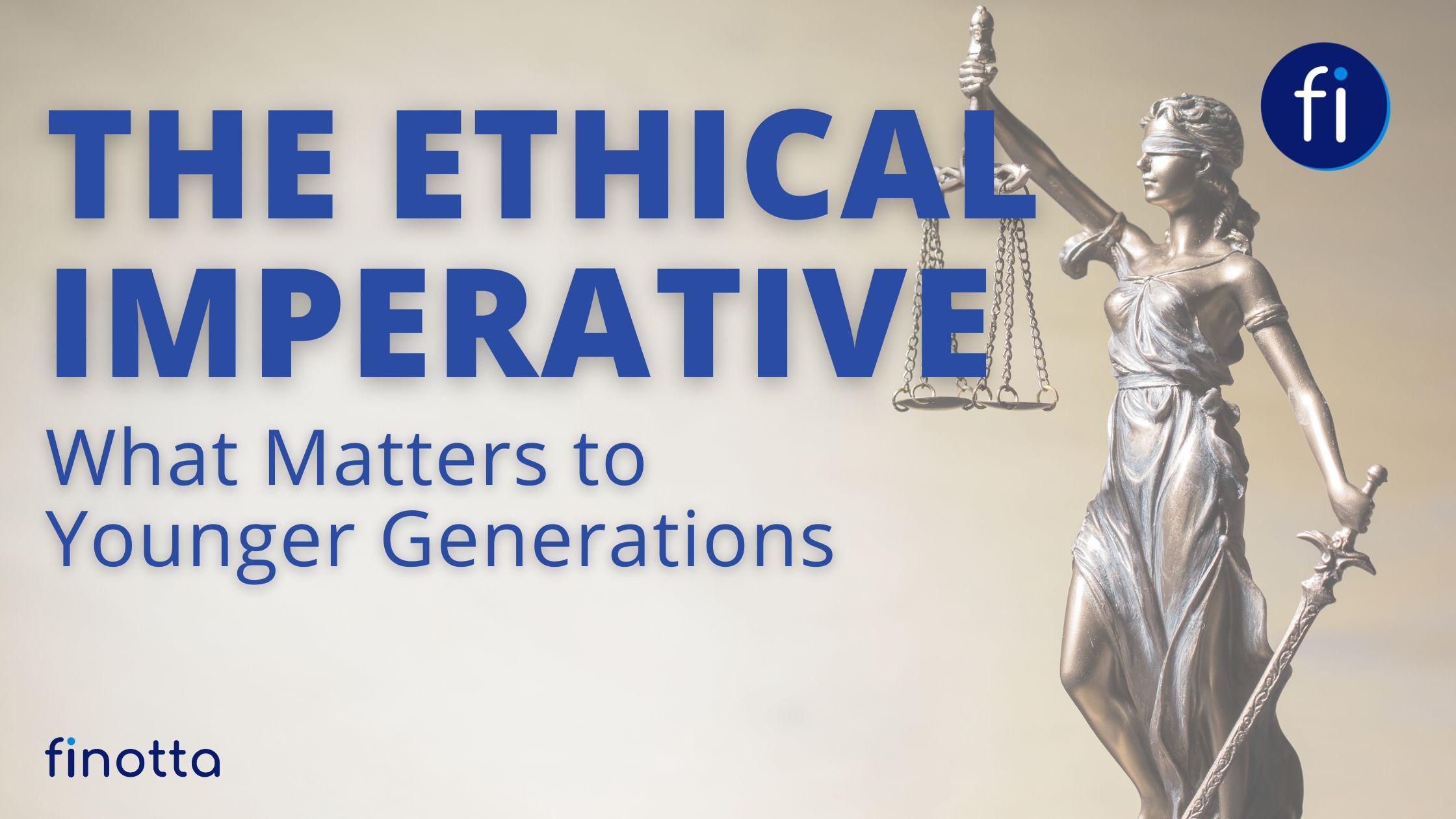Finotta
Jan 12
5 min read

